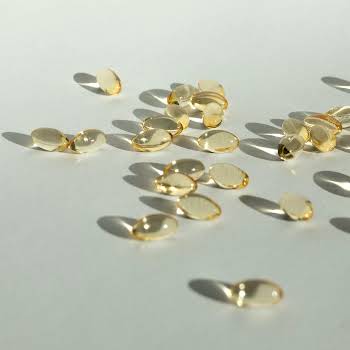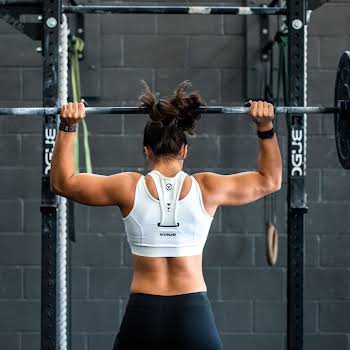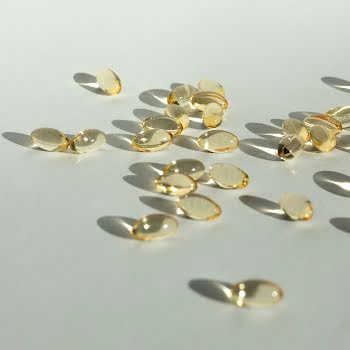
Sponsored
These 5 foods help reduce menopause symptoms, says health expert Dr Zoe Williams
Sponsored By

By IMAGE
18th Oct 2021
18th Oct 2021
Sponsored By

During menopause, our hormones are in constant flux, but eating specific foods can help restore balance and give our bodies the nutrition it needs most during this time, says GP Dr Zoe Williams.
The menopause is a natural part of getting older, that usually occurs between 45 and 55 years of age, as a woman’s oestrogen levels decline. Hot flushes, night sweats, weight gain, low mood, irritability and even loss of bone density are common consequences.
Unfortunately, menopausal symptoms can last around four years. However, lifestyle changes such as fine-tuning the content of your diet can help make some symptoms more manageable and reduce the risk of diseases that become more common in mid-life.
NHS GP and regular medical expert on ITV’s This Morning, Dr Zoe Williams, comments on which foods should be eaten to nourish the body during menopause to help mitigate the often-challenging symptoms associated with it.
Boost your B vitamins
B vitamins really are the building blocks of a healthy body, playing a vital role in fortifying the nervous system and maintaining good health and wellbeing.
Consuming them can help restore your energy levels, brain function, and cell metabolism. They could help lessen the mood swings associated with the natural change in a woman’s hormones.
Foods to eat: Embrace seeds, beans, lentils, nuts, green veggies, chicken, seafood and eggs to get your recommended daily dose.
Calcium for bones

Women who have been through the menopause are at an increased risk of developing weak and thinning bones. This means they may fracture more easily as a result of lower levels of oestrogen in the body.
We were all taught as kids that milk is good for growing bones and the magic ingredient, calcium, is just as important during the menopause.
Foods to eat: Load up on bone-bolstering, calcium-rich food like dairy products, leafy green vegetables, seeds and salmon.
Magnificent magnesium
Magnesium is calcium’s essential sidekick. The mineral helps with calcium absorption, making it delicious food for your bones. Magnesium has also earned a reputation as being ‘nature’s tranquilliser’.
The miracle mineral does it all – it assists with sleep trouble, combats irritability, and aids with low mood.
Foods to eat: Rich food sources include quinoa, oily fish like mackerel, cashew nuts and dark chocolate.
Omega-3
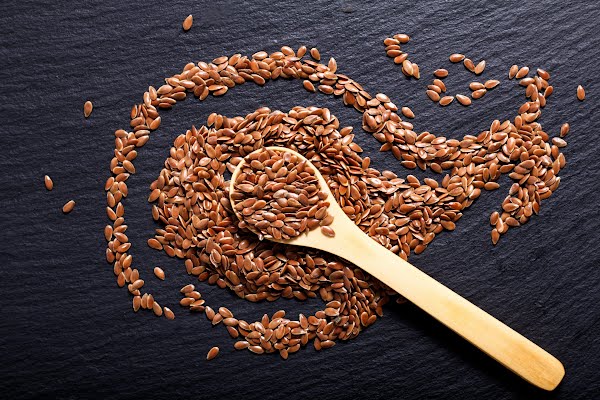
These fats work wonders in your body, supporting hormone balance, cardiovascular health, weight management and even emotional wellbeing, according to some studies.
Omega-3 fatty acids have been shown to decrease the frequency of hot flushes and the intensity of night sweats. They may also lubricate certain areas of the body, tackling joint discomfort, dry skin and intimate dryness.
Foods to eat: The healthy fat can be found in fish such as salmon, mackerel and tuna as well as vegetarian sources like flaxseeds and chia seeds.
Plant oestrogens
Phytoestrogens are naturally-occurring plant compounds that midly mimic the oestrogen produced in the body and they may help reduce menopausal symptoms.
Phytoestrogens offer a natural food-based option which is safe and available to everyone, even those who can’t take HRT.
Foods to eat: Great food sources include broccoli, cauliflower, dark berries, chickpeas, tofu, flaxseed and soyabeans.
Linwoods’ Menoligna
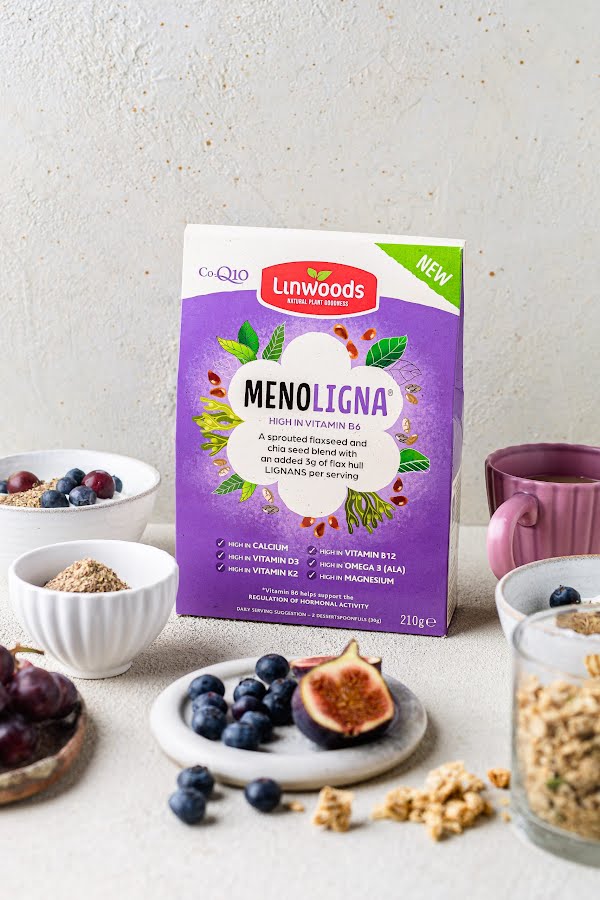
As you can see, nutrition is vital during the menopause. However, finding the time to ensure our bodies are getting key nutrients can be difficult.
That’s why I would recommend Linwoods’ Menoligna — a new healthy seed blend which has been specifically developed for women during the menopause. Menoligna is a plant-based blend of sprouted milled flaxseed and milled chia seeds, containing important vitamins, minerals and added Lignans.
Simply add a 30g daily serving of Menoligna to your diet for optimal health benefits. The versatile product can be easily added to your favorite dish, from breakfast yoghurt and smoothies to soups and salads.
Linwoods Health Food Blends comprise a range of healthy seeds, nuts and berries and has grown into a collection of more than 15 premium blends and healthy seed snacks. Today, Linwoods produces a variety of healthy superfood combinations providing a convenient, quick and easy way to get essential fatty acids, vitamins and minerals into your diet. Shop the range now.












